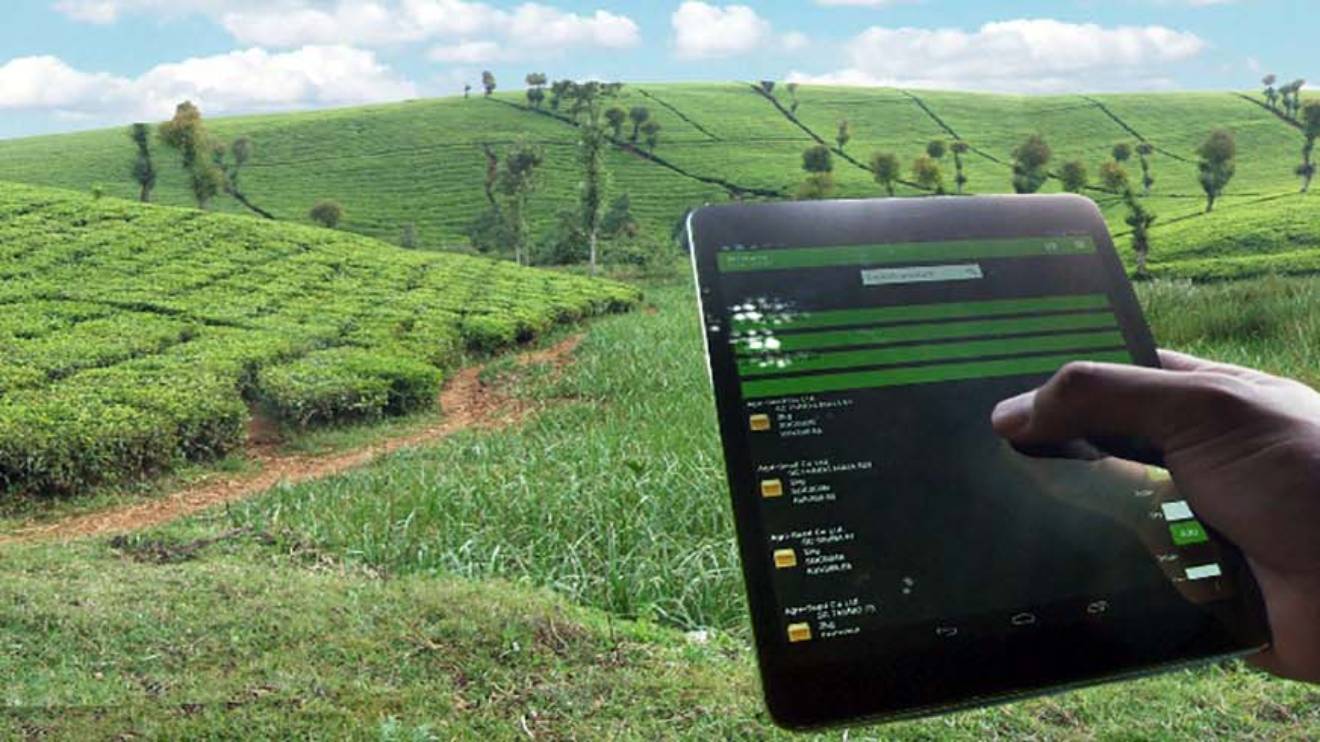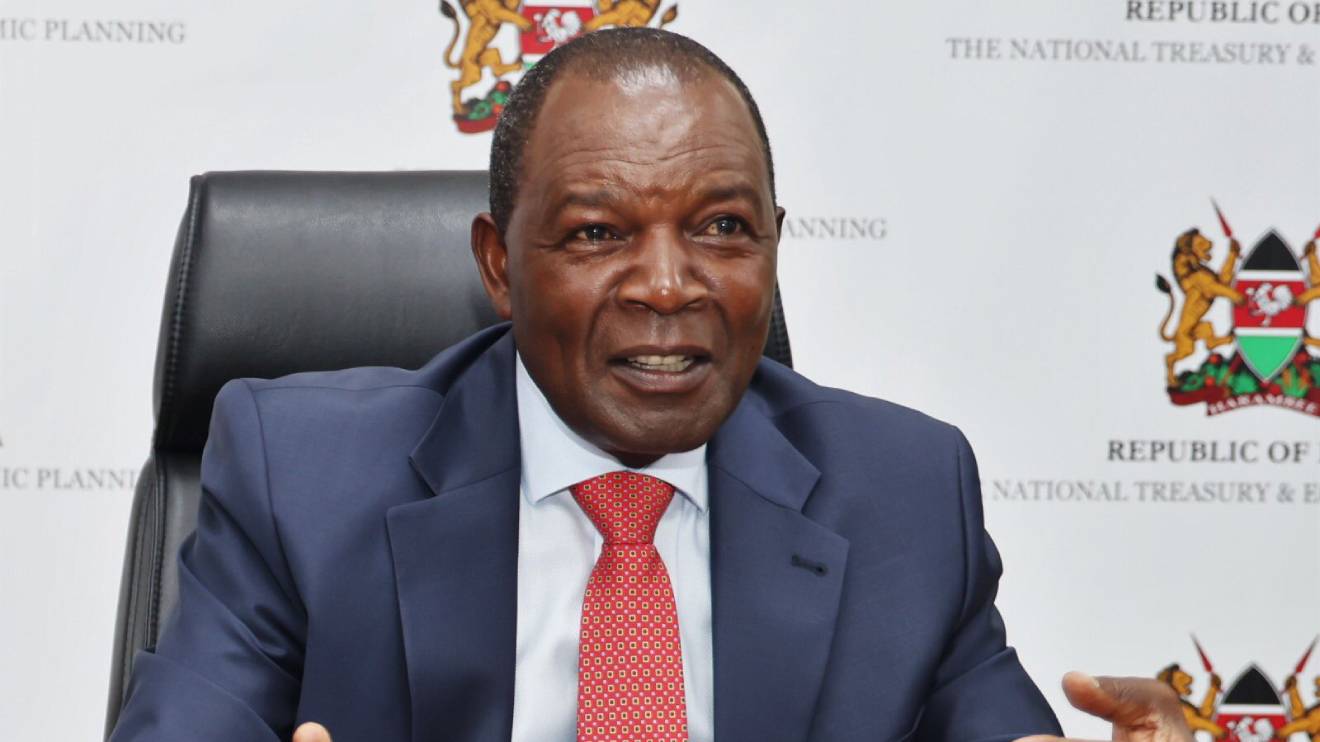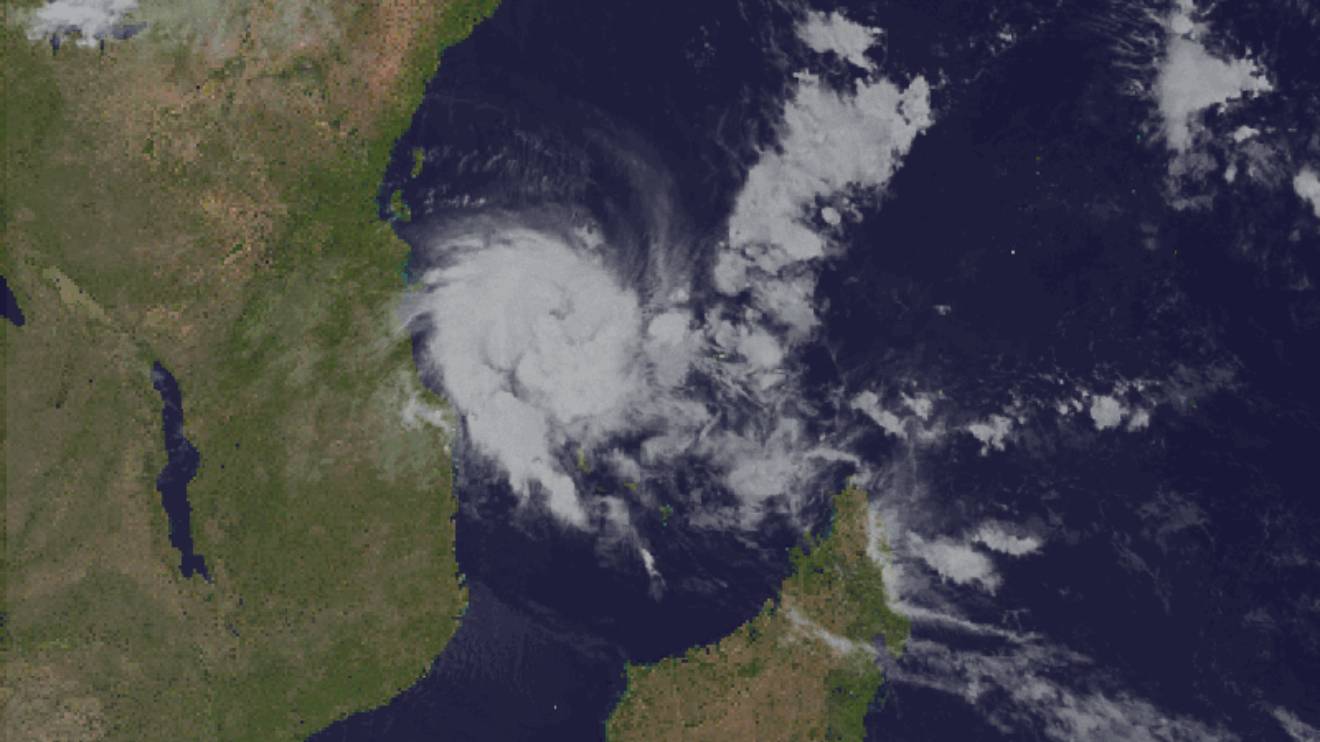Kenya's poultry industry faces a potential meltdown as a proposed trade deal with the United States threatens to unleash a wave of imported chicken, displacing local producers and jeopardizing livelihoods.
Small-scale farmers like Lydia Wanjiku, who meticulously cares for her 1,000-strong flock in Kiamumbi, Ruiru, fear the agreement could be their undoing.
"The influx of cheap American poultry will cripple my business," Wanjiku lamented at a recent poultry farmers' forum in Nairobi.
"My customers will be worse off, and years of investment will be lost."
The Poultry Breeders Association of Kenya (PBK), a prominent voice for the industry, echoes these concerns. In a starkly worded memorandum to the Ministry of Investment, Trade and Industries Permanent Secretary, Alfred Ombudo K'Ombudo, the PBK paints a grim picture.
Read More
"The agreement would be a death knell for Kenyan poultry farmers," the memorandum warns.
"The heavily subsidized American industry simply operates on a different planet compared to our small-scale, resource-constrained producers."
The PBK further emphasizes the broader ramifications of the deal, including potential job losses, stunted economic growth in rural areas, and compromised food security for vulnerable communities.
Their plea extends beyond Kenya's borders, urging the US Congress and Senate to consider the wider impact on developing nations.
The crux of the issue lies in the stark disparity between production costs.
Kenyan farmers grapple with limited resources and traditional methods, while their American counterparts enjoy economies of scale and advanced technology.
This imbalance translates to significantly higher production costs in Kenya, rendering them unable to compete with potentially cheaper US imports.
Against this backdrop, Kenyan poultry stakeholders are pleading with the government to prioritize the survival of the domestic industry.
They urge policymakers to exclude finished poultry products from the final agreement, safeguarding the livelihoods of thousands of farmers and the nation's food security.

-1713890709.jpeg)


-1714736836.jpeg)





